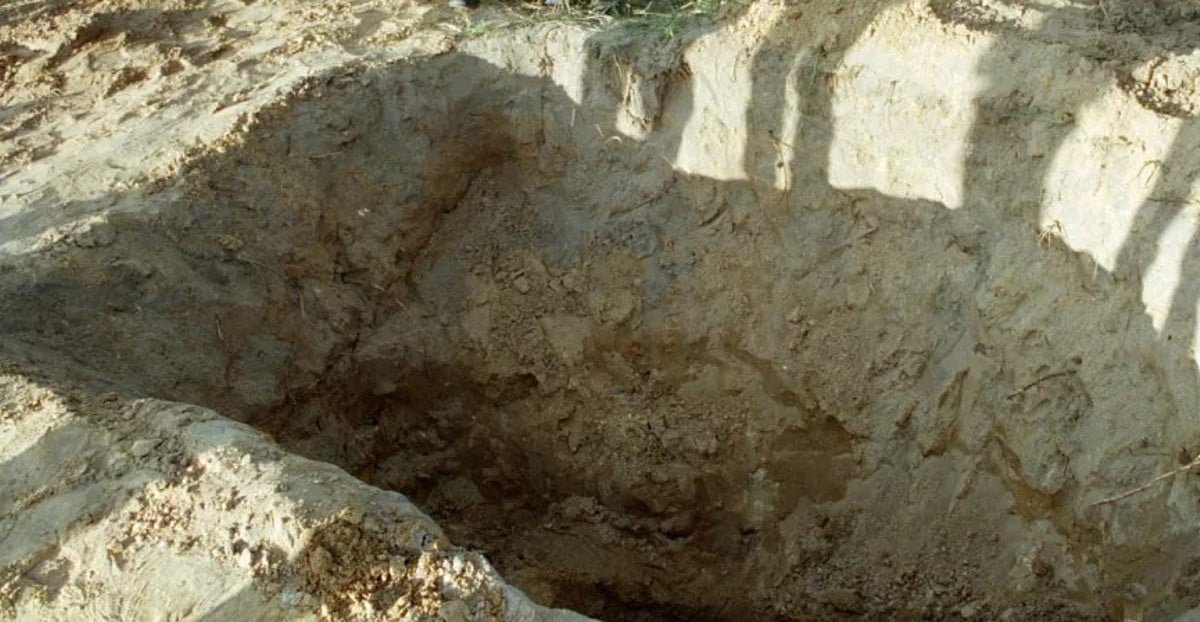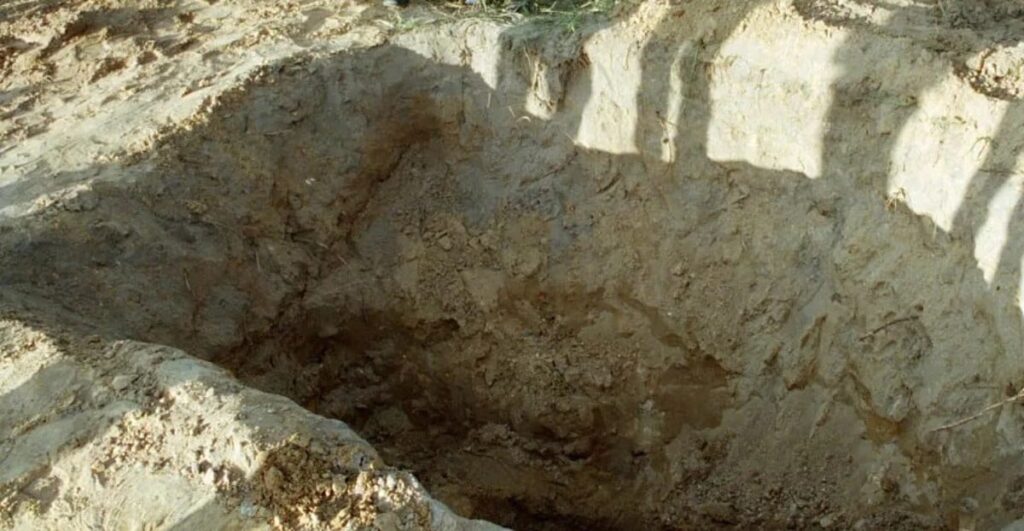Posted on: December 6, 2024, 08:04h.
Last updated on: December 2, 2024, 08:12h.
EDITOR’S NOTE: “Vegas Myths Busted” publishes new entries every Monday, with a bonus Flashback Friday edition. Today’s entry in our ongoing series originally ran on December 23, 2022.
It’s no myth that the mafia controlled the Las Vegas casino business from the mid-’40s until at least the late-’70s. The myth is that they buried hundreds of bodies in the Las Vegas desert while doing so.

“That is a reputation that Las Vegas has, like, you walk around outside, out in the desert in Las Vegas, you’re bound to run across a victim of the mob,” Geoff Schumacher, vice president of exhibits and programs for the Las Vegas Mob Museum, told KNPR this week. “But if you look back in the records … the bodies found in the desert or dumped in the desert, you can count them on two hands, probably, as opposed to the hundreds that people believe are out there.”
Myth Interpreted
The myth springs from a 1963 New York Times bestseller, “The Green Felt Jungle,” the first book to expose the secret criminal ownership behind most of the Las Vegas Strip casino resorts.
Nationwide, people had a general sense of crime in the city, but not the properties or the names until that book came out,” Schumacher said.
So many bodies were supposedly buried in the desert outside Las Vegas, the idea of someone who “knows where the bodies are buried” entered mainstream usage. Supposedly, it’s even how “86” became a verb. That number is said to derive from the mobster order to drive a victim 80 miles out of town and put him six feet under.
Wait! Before you commit that last factoid to memory, it’s another myth.
No Kill Zone
Mobsters made a concerted effort not to kill their foes in Las Vegas, which would have been bad for the casino business. Mobster Benjamin “Bugsy” Siegel was murdered in Beverly Hills. Gus Greenbaum, his replacement at the helm of the Flamingo, met his end in Phoenix. Tony “The Ant” Spilotro, who controlled the skim at several Las Vegas casinos, got whacked in Chicago and was buried in Indiana. Racketeer and bookmaker “Russian” Louis Strauss was picked up at the Desert Inn and driven to his murder site in California.
“They definitely tried to do that kind of nasty business outside the city limits,” Schumacher said.
How Vegas Buried the Mob
The mafia was eventually evicted from the casino business by several trends. The most significant was Nevada’s passage of the Corporate Gaming Act. This 1967 legislation allowed corporations to own casinos without every shareholder having to be licensed, thus paving the way for the Las Vegas Strip’s current roster of corporate resorts.
That same year, billionaire Howard Hughes purchased the Desert Inn from Cleveland syndicate member Moe Dalitz just to avoid being evicted from his penthouse suite. Hughes got addicted to the business, going on to purchase the Sands, Frontier, Silver Slipper, Castaways, and Landmark.
By the ’80s, Nevada Gov. Michael Callahan helped to extricate the residual mob influence from the casino business. He did so by appointing members to the Gaming Control Board who would be more resistant to their bribes and threats.
According to Schumacher, this could explain the body found in the barrel in Lake Mead last year.
(Maybe it) was somebody who had been discovered to have been an informant or government witness,” he told KNPR. “There was a lot of paranoia in the mob at that time about who they could trust.”
The mafia is still around. Until the mid-2000s, they even operated a successful Las Vegas strip club. But these days, they’re relegated to the dark corners of Las Vegas commerce – side rackets such as illegal drugs, prostitution, and money laundering.
Look for “Vegas Myths Busted” every Friday on Casino.org. Click here to read previously busted Vegas myths. Know a Vegas myth that can use busting? Email corey@casino.org.




